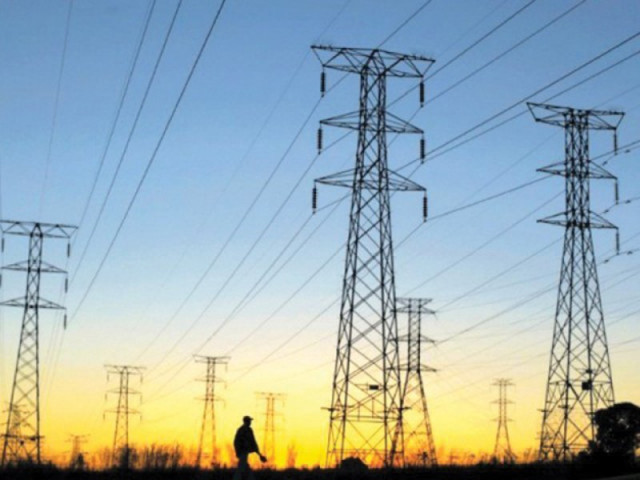Wanton inefficiency: Power project loans worth $16b left untouched
More than 85% of approved loans from foreign lender not used due to slow actions by bureaucrats

More than 85% of approved loans from foreign lender not used due to slow actions by bureaucrats.STOCK IMAGE
In a startling revelation, the government of Pakistan has failed to utilise $16 billion in loans that have been approved by international donors for energy projects in the country, even as Pakistan continues to face a severe energy crisis born of a crumbling infrastructure, largely due to the Civil Service of Pakistan’s inability to initiate the projects.
The revelation was made in an analysis conducted by the Economic Affairs division of the finance ministry. The $16 billion amount represents 85% of the $18.8 billion loans approved for Pakistan’s energy sector by multilateral donors, and includes projects for power generation, as well as improving the transmission and distribution grids. Islamabad’s failure to utilise these loans has cost the taxpayers $21 million a year in commitment fees for the loans, including $15 million in fees to China alone.

In total, at least 34 projects have yet to get off the ground despite having foreign funding available. Of those, two dozen were agreed to by the Zardari Administration, three by the Musharraf Administration and seven by the Nawaz Administration.
Had they been implemented, the projects would have added 4,000 megawatts of power generation capacity as well as significantly improved the crumbling transmission and distribution grids.
The issue was raised during a briefing to Prime Minister Nawaz Sharif by the water and power ministry last week, but ministry officials who attended the briefing say he did not hold anyone responsible for this apparent dereliction of duty.
More than half of the total contracted loans are signed by the water and power ministry and $9 billion or $90% of the ministry’s portfolio remains unutilised. The ministry has more than one political heads and is said to be directly monitored by the prime minister and Punjab Chief Minister Shahbaz Sharif.

Of the 16 power generation projects to be executed by water and power ministry, $7.7 billion or 92% of the portfolio remains unutilised. Over 80% loans for the power distribution projects have not been utilised.
The Asian Development Bank-funded $1.3 billion loan for replacing manual meters with smart meters is a classic example of bureaucratic inefficiency. The ADB has committed a $990 million loan for the project. A visit by the lending agency’s Manila-based team for loan negotiations had to be downgraded to “technical negotiations” after the government approval of the project, the PC-1, could not be completed in time.
Overall, the ADB has committed $2.4 billion for the energy sector projects and 86% remains unutilised.
The World Bank has committed $5.2 billion for the sector and 98% is unutilized. China has contracted $8.5 billion loans and over 80% remains unutilized. The European Union’s commitments for the energy sector remain fully unutilised.
The PM was briefed that the main reasons behind such large unspent amounts were the slow process of government approvals, delays in loan negotiations, a lack of coordination between government agencies to finalise procurement details, lengthy bidding processes and a lack of capacity of the executing agencies in contract management and project monitoring. At the heart of each case are the incompetent bureaucrats dealing with these projects.
“This system has totally failed to deliver without comprehensive civil service reforms,” said Nadeemul Haque, former deputy chairman of the Planning Commission.
Published in The Express Tribune, February 21st, 2015.



















COMMENTS
Comments are moderated and generally will be posted if they are on-topic and not abusive.
For more information, please see our Comments FAQ